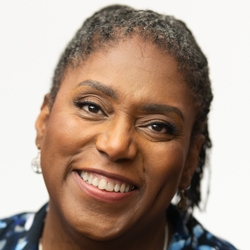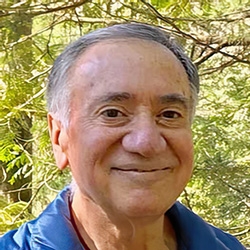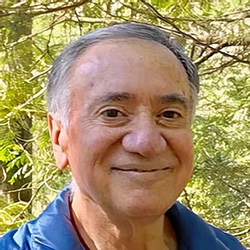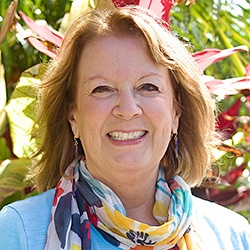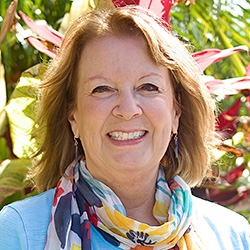

Search Results: healing
-
Are you looking to deepen your connection to Nonviolent Communication (NVC) and build powerful empathy skills? In this short video, Mary Mackenzie shares how finding an empathy buddy transformed her life and practice.
-
Raj Gil offers tools and dialogue to help you respond to anger with awareness & care in the moment.
-
- Wish you knew how to align your organization with its purpose and values?
- Want to increase your capacity to live in integrity with your values, too?
- Concerned about the level of engagement within your organization?
- Yearn to connect to a sense of meaning in your life during this time of global crises?
- Long to discover what is yours to do – and wish you knew how to leverage the resources you have in response to what is needed?
-
- Understand the essential relationship between personal healing and social change — and how to communicate it to others.
- Increase your compassion capacity for different ways of being in the world.
- Get clarity about the difference between equity and equality — and how to generate equitable processes in your communities and networks.
- Obtain tools to explore the various factors that contribute to your understanding of power and privilege — including your own.
-
Codependency occurs when others' behavior affects us in unhealthy ways and we get obsessed with controlling their behavior. For example, we may focus on other's needs while neglect what matters to us, and resent it. Or we may depend on others to rescue us from results of our actions. Or we may fix or rescue others' neglected responsibilities. Or we may make others responsible for our needs. Instead, notice your needs, what you can('t) change, and your priorities.
-
Kelly Bryson shows how clear intention and awareness transform pain into growth.
-
A 1999 discussion with youth on understanding and working with anger.
-
Live from the beauty of needs through deep self-compassion and spacious inner transformation.
-
Experience NVC tools for mediating conflict—whether you're involved or supporting others.
-
Embody NVC consciousness and live each day in the fullness of compassion.
-
Discover why empathy is a vital workplace skill, boosting productivity and collaboration.
-
Trainer Tip: Silent empathy can be a powerful way of contributing to someone's life, giving them the gift of our presence.
-
Discover and embrace the inner chatter beneath your words to deepen self-connection.
-
Trainer Tip: There are many ways to meet a need. Open to new possibilities.
-
Mourning is not just a process that happens after someone dies: it's an experience we go through with loss of any kind. Here, Shantigarbha offers us seven tips for working with mourning and healing.
-
For each reactive pattern there is a perceived threat to a tender need. Knowing these tender needs helps us figure out how to interrupt these patterns and creating new ways of perceiving and relating to life. In addition to knowing the need, knowing the healing response and the primary reactive behavior helps with transformation.
-
One clue we have trauma is when we respond in a way we don't want (eg. being reactive, self sabotaging, etc). Even when we have high level NVC skills our trauma-related mechanisms can activate, and we can lose access to well honed NVC skills. Read on for approaches that involve healing trauma, and approaches that involve managing the effects of trauma and preventing additional trauma.
-
As you witness injustices in the world, tension, anger, hopelessness, despair and more, may rise up in you. These feelings may lead to reactive thinking that doesn't contribute to healing nor wise action. Mourning is a universal need. If your culture pushed away grief and its emotional expression, you may have habits that block your access to the aliveness of grief. Read on for ways to give grief the space and support it needs.
-
There are many polarizing issues we can resist and fight over. The word "resistance" can mean fighting against what we don’t agree with in counterproductive ways. It can also be the illusion and futility of mentally fighting against reality of 'what is'. But acceptance, non-resistance, of what is doesn’t mean powerless resignation. Another way to resist is to accept and love whole-heartedly, with empathy and care for the people doing the things we are resisting.
-
- Learn the essentials of NVC from its founder, Dr. Marshall Rosenberg
- Discover how to connect with others with empathy, integrity, and peace
- Understand the origins of NVC and how to apply it within yourself and in your life
- Experience how empathy supports healing in your most intimate relationships— and in the world at large!

Quick Links
Subscription Preferences
Stay In Touch!
Looking for ways to keep up with NVC Academy news, get special offers, free resources, or words of inspiration? Here are five ways to stay engaged:




